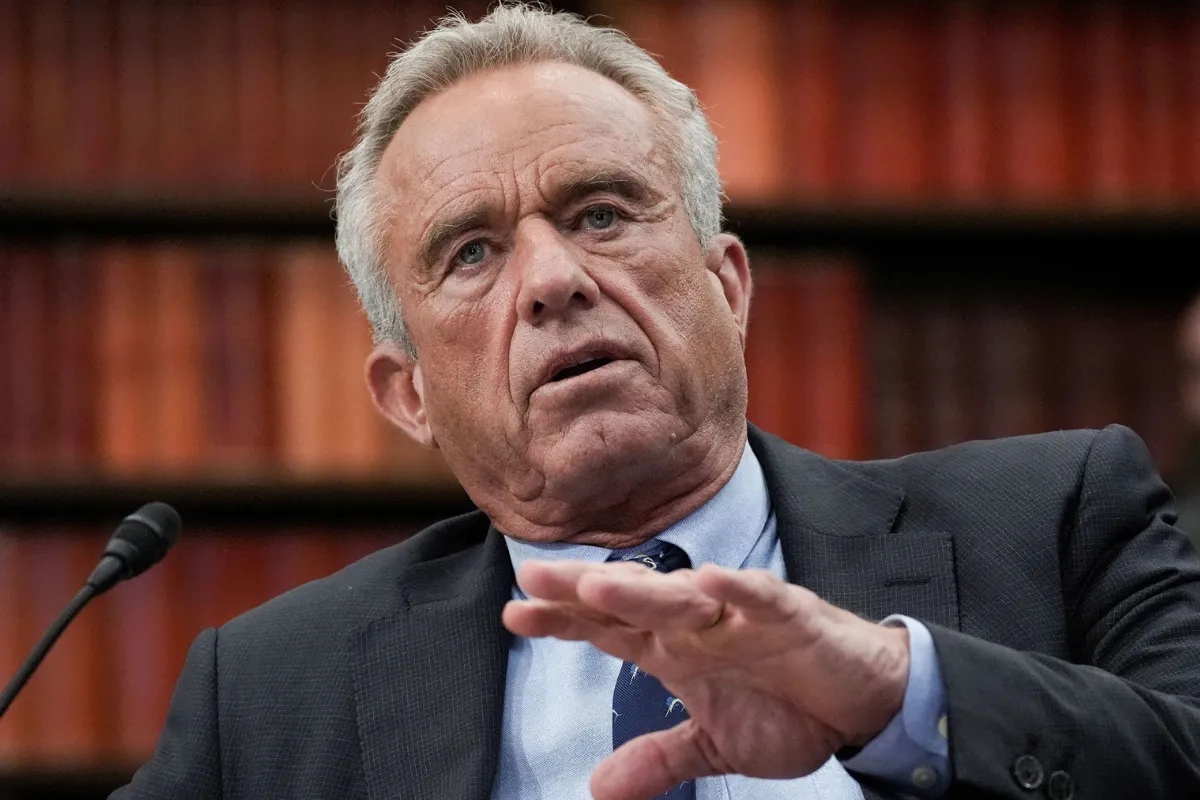U.S. Senator Shelley Moore Capito is calling on U.S. Department of Health and Human Services (HHS) Secretary Robert F. Kennedy Jr. to reconsider deep budget cuts that may impact critical public health programs. Capito co-chaired a Senate Appropriations Subcommittee hearing Tuesday, where Kennedy outlined his fiscal year 2026 budget request.
Kennedy’s proposal includes a $94 billion budget for HHS, marking a nearly 25% reduction in discretionary spending from the current year.
As part of a sweeping restructuring, Kennedy has already cut 20,000 employees from the department’s workforce, reducing the number from 82,000 to 62,000. He cited a 40% workforce increase under the Biden administration and highlighted $13 billion in contract savings.
“We all want to improve the health of Americans,” Capito said. “But we need to ensure that essential programs remain intact. This hearing gives us a chance to understand the administration’s priorities and to push back where needed.”
Kennedy said his goal is to streamline the department, eliminate redundant programs, and save taxpayers roughly $1.8 billion annually. Under the new structure, HHS would shrink from 28 divisions to 15 and consolidate 10 regional offices into five. Key services like Medicare, Medicaid, and Head Start would be preserved.
He also proposed forming a new agency, the Administration for a Healthy America, to better align resources for chronic care, disease prevention, and mental health support.
But these changes come at a potential cost to longstanding programs like the National Institute for Occupational Safety and Health (NIOSH) and the Substance Abuse and Mental Health Services Administration (SAMHSA).
Capito specifically focused on NIOSH, which saw around 900 jobs eliminated earlier this year—leaving just 10% of the workforce in place. However, following a legal injunction and congressional pressure, about 100 employees at the Morgantown, West Virginia, facility were reinstated.
“I’m encouraged that some NIOSH employees have returned,” Capito said. “But more needs to be done. NIOSH’s work, especially its coal programs, is irreplaceable.”
Kennedy assured the committee that while he supports downsizing for efficiency, no cuts are being made to clinical trials or drug development. He emphasized that administrative costs, not research, were the main target of budget reductions.
He noted that some universities receive indirect cost reimbursements of up to 78%, which he argued does not benefit actual medical research.
Another point of concern for lawmakers was the proposed elimination of SAMHSA and consolidation of its programs into the new health agency. Capito, joined by Senator Jeanne Shaheen of New Hampshire, questioned the future of state opioid response grants, which are vital in states battling addiction epidemics.
“Substance abuse remains a major problem in West Virginia,” Capito said. “Programs like these are saving lives.”
Kennedy, who has personal experience with addiction and loss, emphasized that substance abuse remains a top priority.
“I lost my brother and niece to addiction, and I’ve struggled myself,” Kennedy said. “We will keep supporting programs that truly make a difference.”
Still, Shaheen pressed Kennedy to commit to preserving the state opioid response grant program, warning that its elimination could have dire consequences for communities in crisis.
“I don’t understand why we would remove something that’s working,” she said.
Kennedy acknowledged the importance of results-driven funding, saying he would closely examine the effectiveness of each program.
“If the state opioid response grants are working, we will support them,” he said.
As Congress debates the future of the HHS budget, Capito and others vow to continue pushing for a balance between fiscal responsibility and maintaining critical health programs that protect the lives of Americans.
















